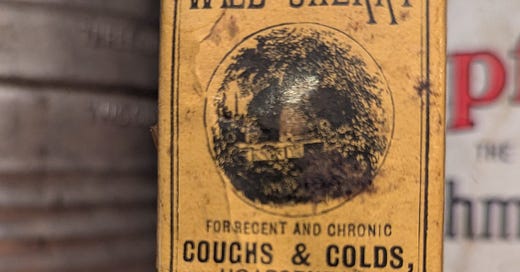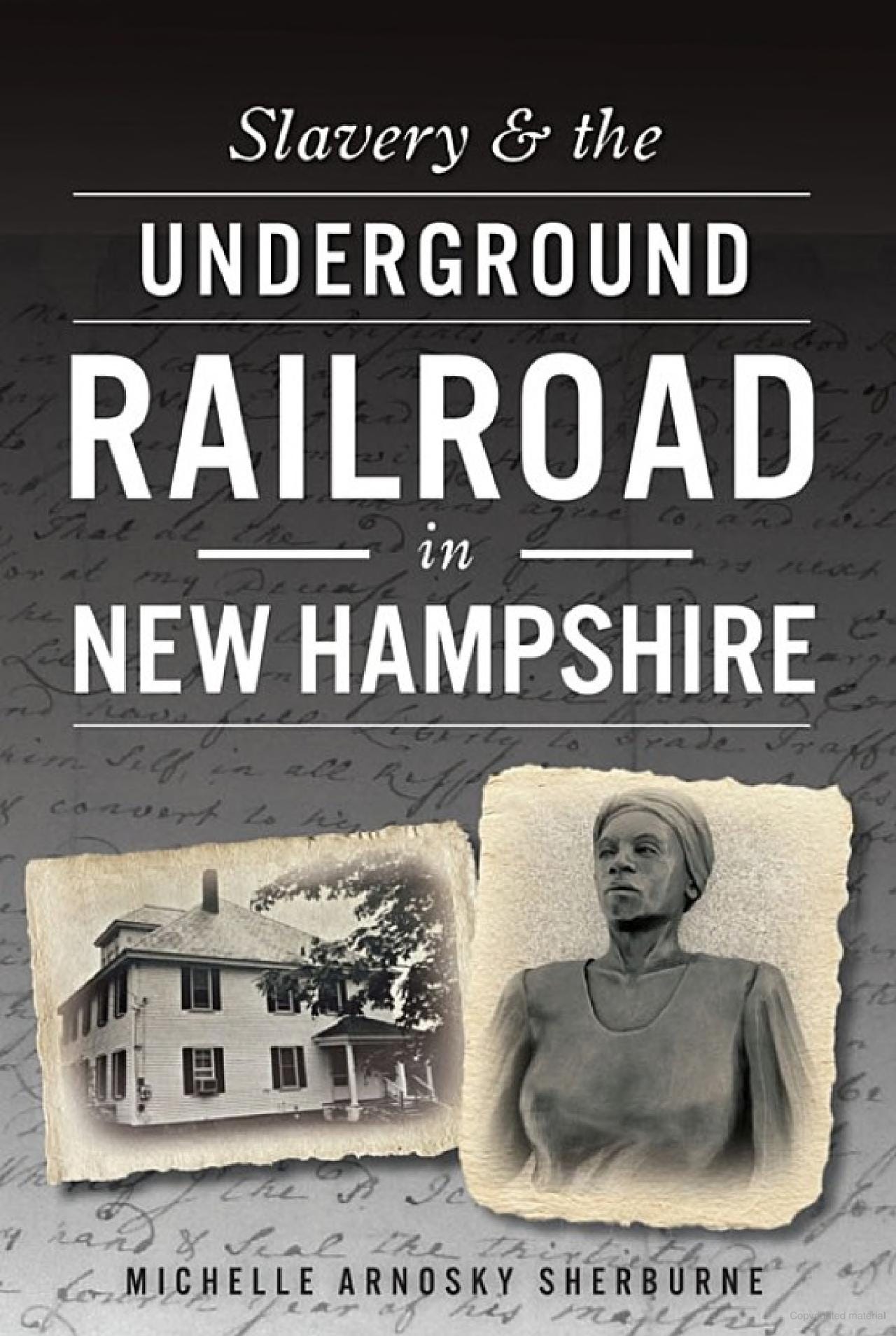July 1942
NEW IPSWICH July Correspondent: Mrs. Bessie Cushing Tel. Greenville 58-12 Ernest E. Newell, 65, who died Friday in Greenville after a long illness, was born on the old Isaac Stearns place in New Ipswich, the son of Levi W. and Nellie Eldora (Foskett) Newell. He is survived by his wife, Mrs. Florence (Banks) Newell; five daughters, Mrs. Charles Faguent and Mrs. Edwin Progin of Greenville, Mrs. Armand Courtemanche and Miss Beatrice Newell of Central Falls, R. I., and Mrs. Robert Fredette of Bantam, Conn.; three sons, Chester, Ever- ett and Ernest E. Newell, Jr., of Greenville; 11 grandchildren, and a sister, Mrs. Robert Davis of Richmond, Ohio. Rev. James M. Gage of Greenville officiated at the funeral, held Sunday at 2 p. m. from the late home. Burial was in Center cemetery, New Ipswich.
Photo Archives
This was posted on Facebook. Does anyone know anything about C.L. Tarbell in Bank Village?
James Roger diary entry
September 17th 1908 (Thursday)
Fair and cool. David assisting at Parsonage drawing rocks for cellar wall and went for grain at 4 pm. W. Hardy & him put in the clover grass into brooder house. I finished clearing the shingles from round the Hall. Mrs. Lake buried today. Her body was brought from County Poor Farm. A poor ending for such a sweet old lady. I wrote to Jim at Oakdale last night and to Hamish today. Got pc from Roslin last night and a box of heather today.
Hidden History: New Hampshire’s Past of Abolition, Slavery, and Underground Railroad
Presented by Michelle Arnosky Sherburne
Saturday, September 21 at 2:00 p.m.
New Ipswich Library (6 Main Street)
Vermont historian, author, and newspaper publisher, Michelle Arnosky Sherburne will delve into New Hampshire’s fascinating hidden history of abolition, slavery, and Underground Railroad networks, highlighting the work of abolitionists to move freedom seekers northward to safety in Canada.
Despite the fact that Portsmouth served as a slave-trade hub for New England, 19th- century NH historians chose to exclude black heritage and history from their publications. In recent decades researchers like Sherburne have uncovered the rich history and significant contributions of enslaved people and discovered that the Underground Railroad network was active throughout the Granite State. With connections to Massachusetts’ abolitionists, such as William Lloyd Garrison, Nathaniel Peabody Rogers and Stephen Symonds Foster, freedom seekers were certainly prevalent in New Hampshire.
Sherburne will share what she has learned from her extensive research over the past 30 years.
A resident of Newbury, VT, Michelle Arnosky Sherburne has spent four decades in the newspaper business. In 2022, she and her husband took over the stewardship of the Journal Opinion, a weekly publication in Bradford, VT. Sherburne’s longstanding interest in the Civil War inspired her research of Vermont and New Hampshire’s Underground Railroad and the Abolitionist Movement, which has led to TV appearances, consultancies, in-school residencies, and the publication of four books and numerous articles. With a history project always in progress, Sherburne enjoys traveling around Vermont and New Hampshire lecturing and sharing her insights into New England’s rich history.





Where was the Hillsborough County poor farm in 1908, I wonder.
Not only was Charles Tarbell the first Bank Village postmaster, he also owned the grocery and dry goods store from which this sample cherry cough syrup was obtained. He died in 1909.